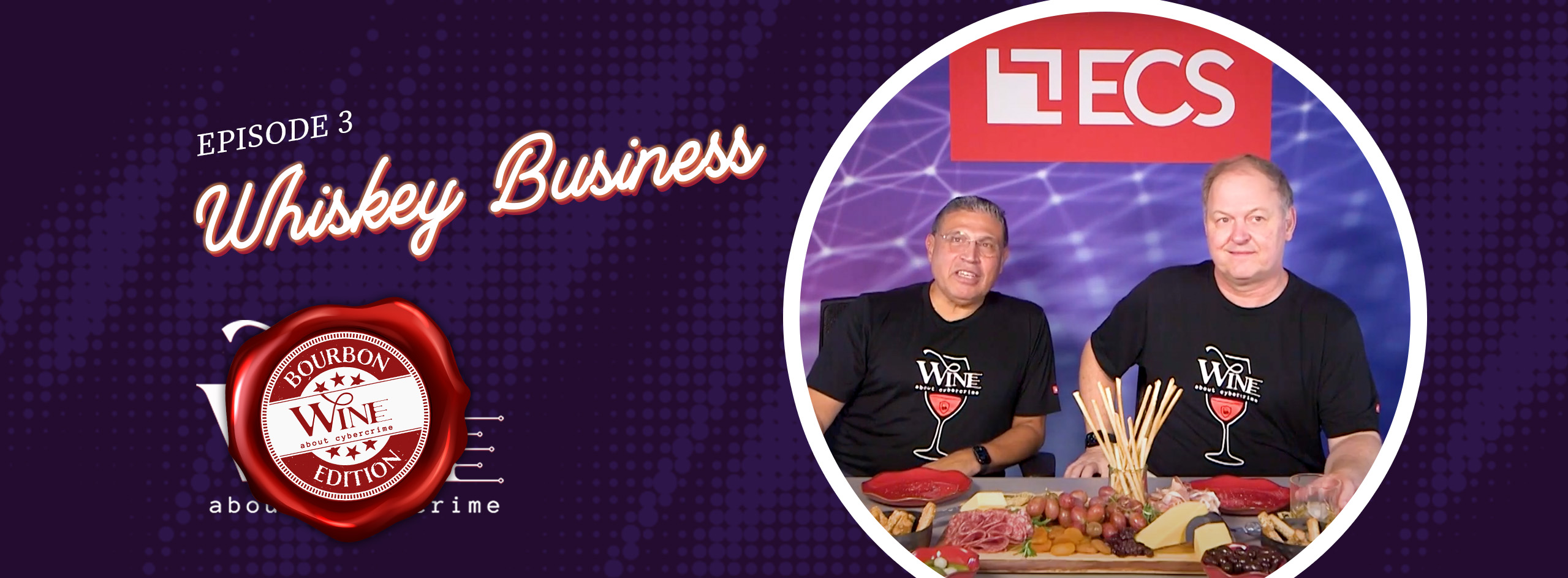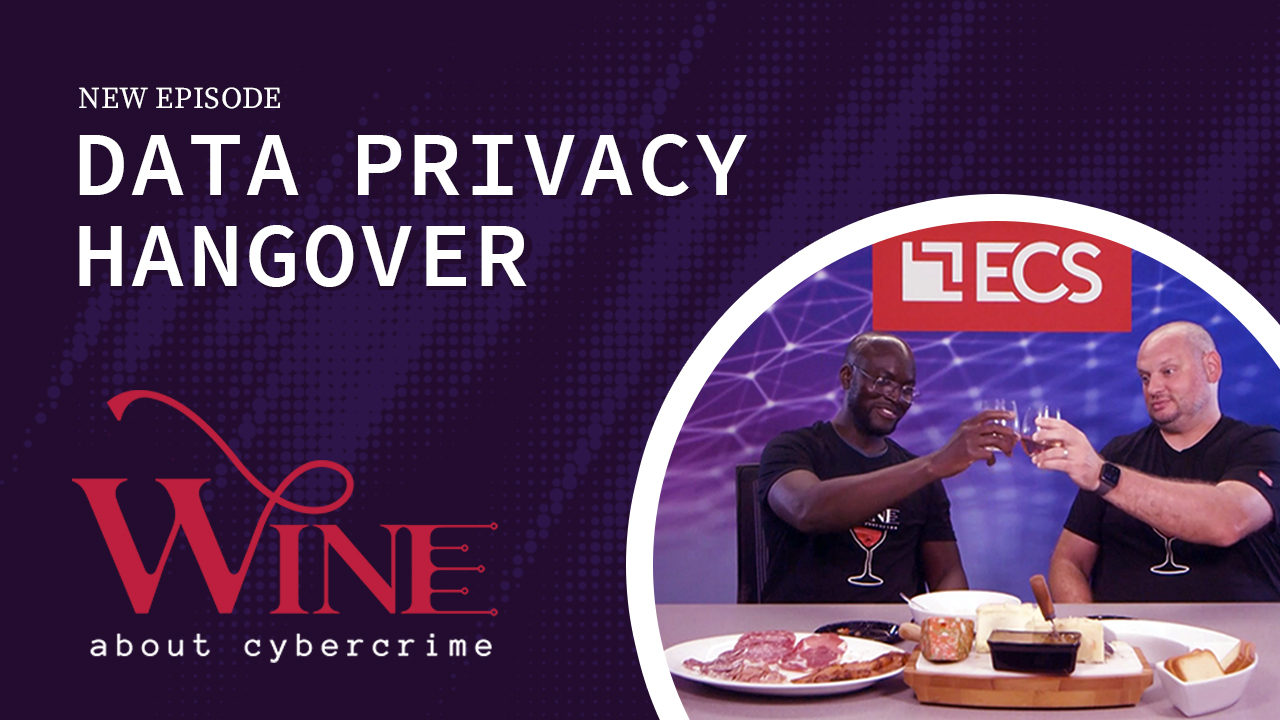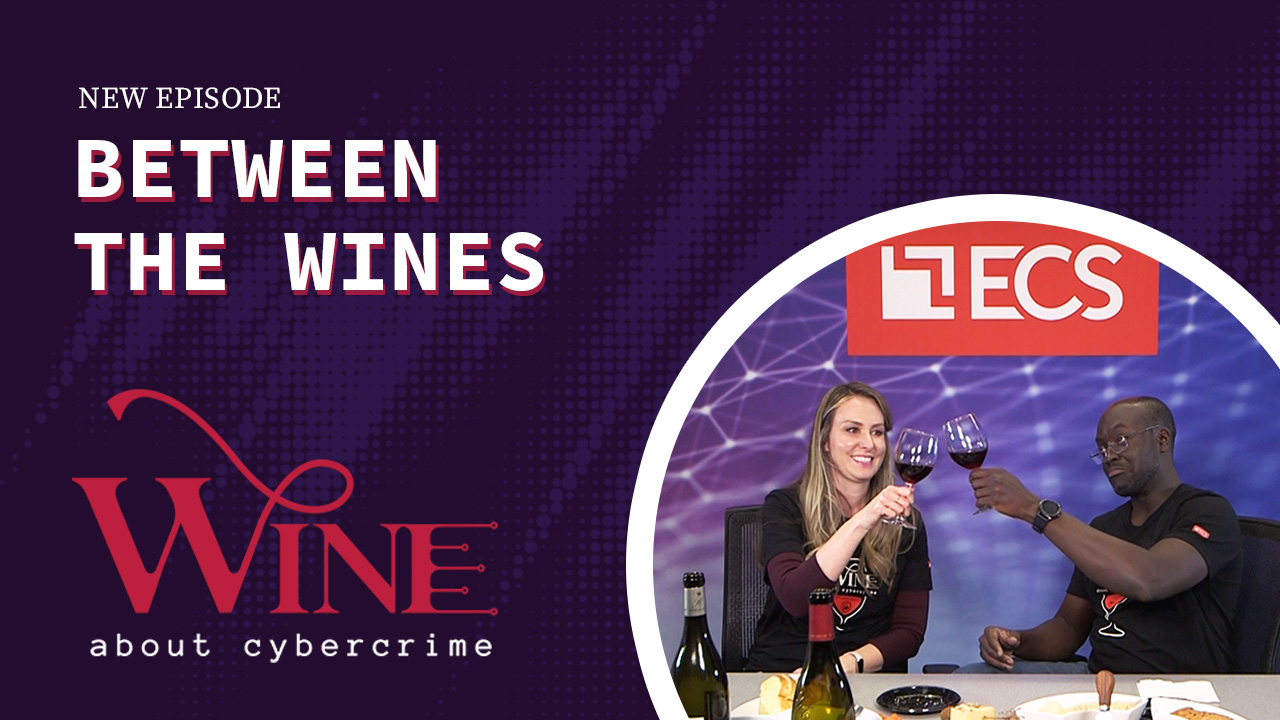Cybercrime: More Bite Than a Bottle of 100 Proof
Wine About Cybercrime is a cybersecurity podcast where we invite cyber experts to take a break, enjoy some wine, and discuss the latest challenges and pain points in their field. In this special BOURBON EDITION, our guests broke with tradition and opted for spirits instead, with Angels’ Envy Kentucky straight bourbon whiskey, finished in ruby port wine casks, as their drink of choice.







